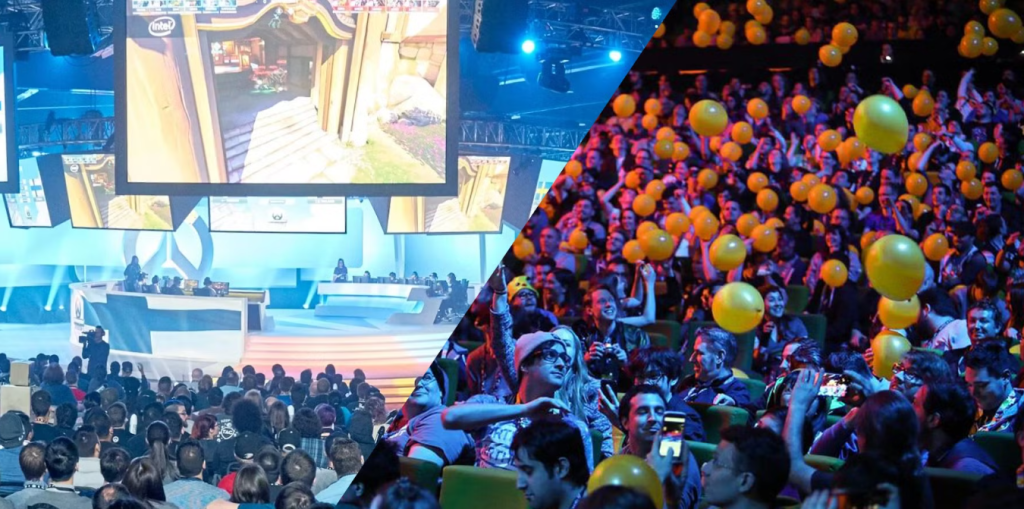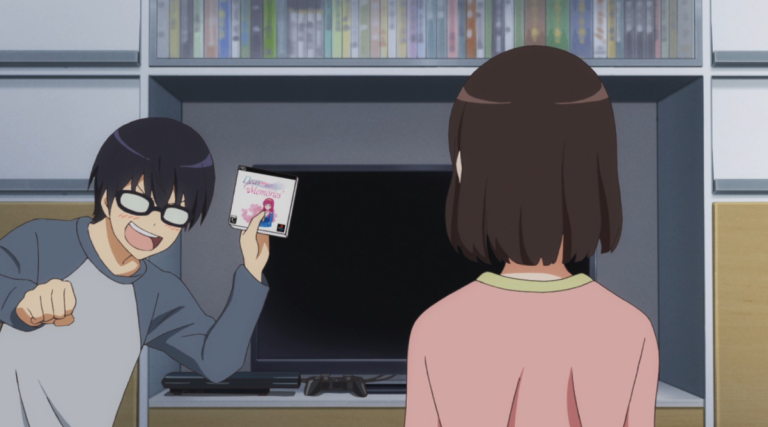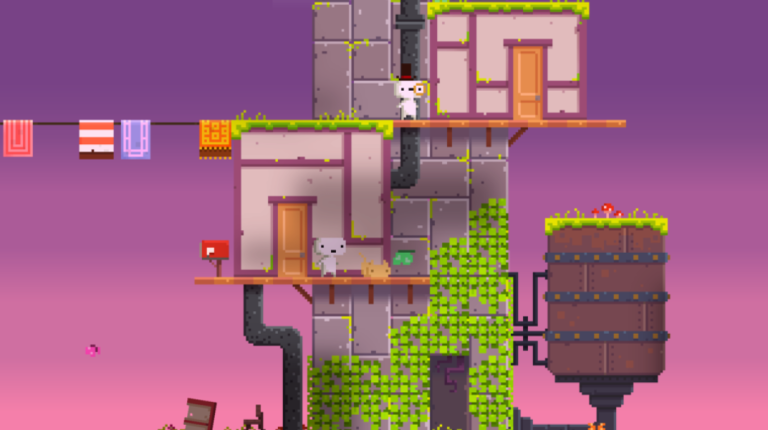
Every October, Emma prepares her Overwatch pumpkin lantern well in advance. In her cozy apartment in Vancouver, Canada, her balcony is decorated with character masks she painted herself. On her fridge, there’s a photo of her and a few online friends dressed as D.Va and Reaper at a Halloween-themed offline meetup. For Emma, this is more than just an in-game event—it’s the social highlight she looks forward to all year.
Game festivals aren’t just dates on a calendar or exclusive skins locked behind a timer. They’re signals that bring scattered players around the world into a shared rhythm. Sometimes, this rhythm is even more punctual and lively than traditional holidays.
In Munich, Germany, Liam and his friends hold an annual get-together every time the World of Warcraft Oktoberfest event kicks off. They dress in traditional Bavarian outfits and cook real-life versions of pork knuckles and beer soup inspired by the in-game menu. While eating, they chat on Discord with guild members from the US and Australia, joking around with their thick accents about old Horde vs. Alliance memes. For Liam, these virtual world festivals have become a bridge across time zones.
Over in Seoul, South Korea, college student Noah looks forward to League of Legends’ yearly “URF” mode week. His dorm balcony is decorated to mimic Summoner’s Rift, with LED lights outlining the brush edges and a makeshift projection screen broadcasting live matches at night. This blend of bringing the game world into reality adds a special kind of “buff” to campus life.
Meanwhile, in California, single mom Sophia and her 10-year-old daughter Mia celebrate Animal Crossing’s Christmas event together. They start decorating their balcony from the in-game “Toy Day” preparations and exchange virtual gifts via Nintendo Switch with distant relatives. This year, they even printed in-game ornaments onto greeting cards to mail to family members. Even Mia’s grandmother, who doesn’t play games, happily hung one on her front door.
This fusion of online and offline celebrations is becoming a global cultural phenomenon among gamers. Especially after the pandemic, people cherish any way to connect emotionally, and game festivals offer a fun, participatory way to do just that.
Some events have become iconic for certain games or platforms. Take Fortnite’s virtual concerts, for example. Travis Scott’s 2019 in-game performance drew over 12 million viewers, setting a new standard and inspiring other games to experiment with “festival + entertainment” crossovers. GTA Online’s virtual New Year’s parties, Genshin Impact’s Lantern Rite fireworks, and Final Fantasy XIV’s Starlight Celebration have all evolved beyond mere game content—they’re now cultural showcases.
When we think of festivals, we usually imagine fireworks, countdowns, and family gatherings. But for today’s young gamers, exclusive skins, PvE events, and community challenges are just as much a source of “ritual.” What’s fascinating is how many players “localize” these game festivals in their own way.
In Rome, Italy, a small gaming community organizes offline puzzle-solving events on the anniversary of The Legend of Zelda’s release. Alex, one of the event organizers, shared that what began as a small gathering among friends has grown into a fully booked event with intricate challenges and cosplay participants.
In São Paulo, Brazil, players of Free Fire host an annual summer pool party coinciding with the game’s ranked season. Wearing character-themed sun hats, they grill food, discuss tactics, and even hold mini offline tournaments using projector setups.
It’s like a “festival map” of gaming universes—players from different cultures and languages lighting up celebrations simultaneously. Some favor social gatherings, others compete for ranks, and many extend the gaming culture into real life through DIY crafts.
Interestingly, some gamers imitate virtual holidays in the real world. A popular Reddit post told of James, a programmer in the US, who invites neighbors to dance in his backyard every year during Stardew Valley’s Flower Dance festival. What started as a quirky idea actually led him to meet his now-girlfriend—she happened to pass by, saw a group of “medieval villagers” on his lawn, and joined in, bonding over their shared love of games.

Festivals are one of humanity’s oldest cultural traditions, and gaming, as a new cultural medium, is naturally creating its own “ritual templates.” These don’t replace traditional holidays but create more opportunities to celebrate together amid busy and separated lives. Whether you’re unboxing a Lunar New Year crate solo or counting down to a virtual New Year with global friends, or simply logging in for a limited-time skin, these moments become unique holiday memories for today’s gamers.
In the end, the meaning of game festivals isn’t about how grindy the event is or how flashy the rewards are—it’s about carving out time to connect with those around you. And that’s the sweetest part of any celebration: giving us a reason to laugh and wait together, bridging the digital and the real.
![]()


